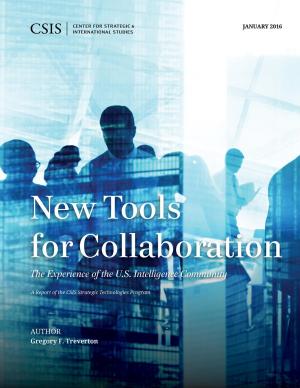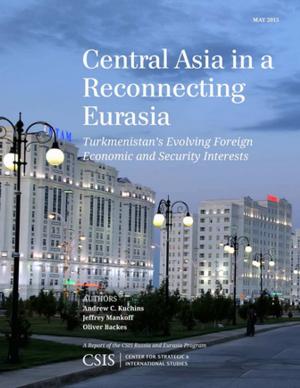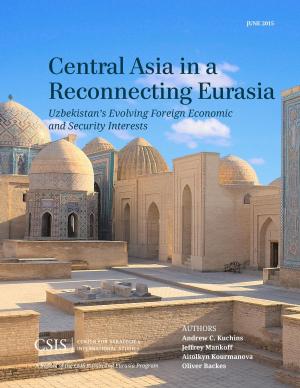Launching a New Chapter in U.S.-Africa Relations
Deepening the Business Relationship
Business & Finance, Economics, Economic Development, Nonfiction, Social & Cultural Studies, Political Science, International, International Security| Author: | Jennifer G. Cooke, Richard Downie | ISBN: | 9781442228245 |
| Publisher: | Center for Strategic & International Studies | Publication: | February 21, 2014 |
| Imprint: | Center for Strategic & International Studies | Language: | English |
| Author: | Jennifer G. Cooke, Richard Downie |
| ISBN: | 9781442228245 |
| Publisher: | Center for Strategic & International Studies |
| Publication: | February 21, 2014 |
| Imprint: | Center for Strategic & International Studies |
| Language: | English |
Africa’s changing economic landscape is prompting a shift in how U.S. policymakers view the continent. High growth rates, new technologies, and a rapidly expanding consumer class are driving greater global competition for investment and access to potential export markets, and the United States is recognizing that it will need to step up its game to remain relevant and influential in an increasingly crowded and competitive environment. This will mean placing a stronger emphasis on strengthening trade and investment ties and encouraging U.S. companies to take fuller advantage of expanding opportunities. Playing up these opportunities will not only serve long-term U.S. commercial interests in Africa but will serve U.S. development and diplomatic objectives as well. U.S. investments, done right, can have long-term development impacts in Africa, through technology and knowledge transfer, training, systems development, and partnerships. And a new, more optimistic engagement with Africa’s citizens and entrepreneurs will have strong resonance with the continent’s up-and-coming generation, creating links based on enduring mutual interest.
Africa’s changing economic landscape is prompting a shift in how U.S. policymakers view the continent. High growth rates, new technologies, and a rapidly expanding consumer class are driving greater global competition for investment and access to potential export markets, and the United States is recognizing that it will need to step up its game to remain relevant and influential in an increasingly crowded and competitive environment. This will mean placing a stronger emphasis on strengthening trade and investment ties and encouraging U.S. companies to take fuller advantage of expanding opportunities. Playing up these opportunities will not only serve long-term U.S. commercial interests in Africa but will serve U.S. development and diplomatic objectives as well. U.S. investments, done right, can have long-term development impacts in Africa, through technology and knowledge transfer, training, systems development, and partnerships. And a new, more optimistic engagement with Africa’s citizens and entrepreneurs will have strong resonance with the continent’s up-and-coming generation, creating links based on enduring mutual interest.















